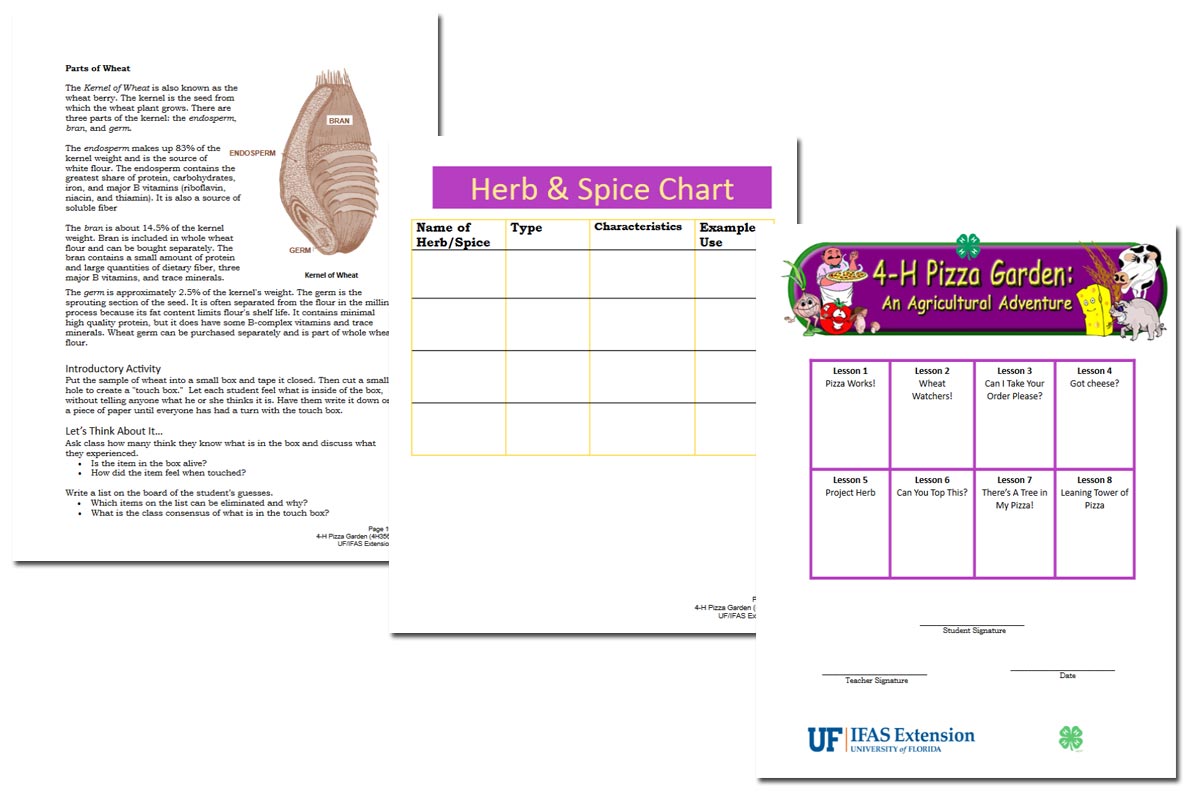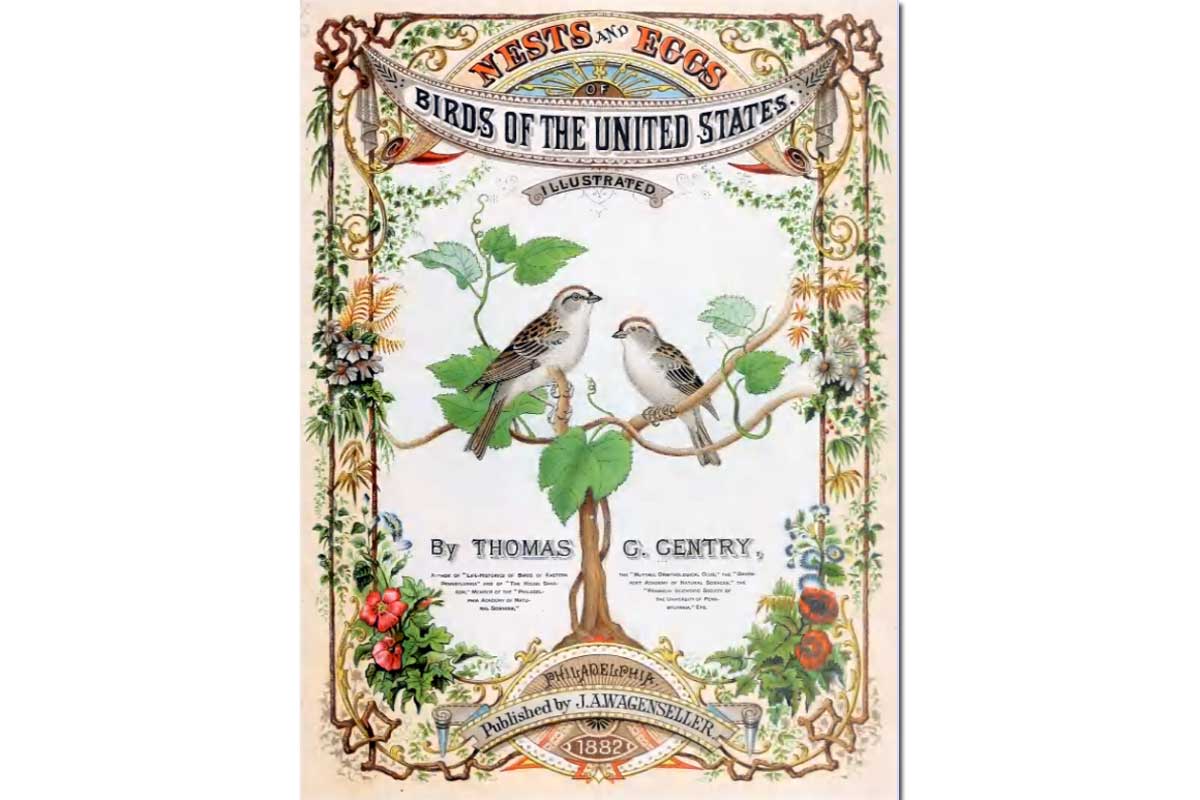
Schumann: The Story of the Boy Who Made Pictures in Music
Robert Schumann was a German composer and critic of the Romantic period.
Free eBook
Suggestions
- Map the following (you’ll find mapping resources below):
- Germany
- Zwickau, Germany (where Schumann was born)
- Listen to “The Happy Farmer.”
- Listen to “Soldier’s March.”
- Listen to “At the Fireside.”
- Listen to “Canonbury.”
- Listen to “Nordisches Lied” or “Northern Song” by Schumann, the musical cryptogram based on the letters of his friend Gade’s name.
- You’ll find the music to Album for the Young from which many of the songs above were taken below.
- View an illustration of the house where Schumann was born.
- View a photo of Ignaz Moscheles.
- Read a biography of Moscheles that describes his influence on young Schumann.
- Learn more about Nathaniel Hawthorn and Longfellow.
- Read Tanglewood Tales and A Wonder Book.
- Read Hiawatha.
- Read “In School-Days” by John Greenleaf Whitter.
- Learn more about Abraham Lincoln.
- Create a timeline of Schumann’s life including Hawthorn, Longfellow, Whittier, and Lincoln.
- View a portrait of Friedrich Wieck painted the year he met Schumann.
- Learn more about Clara Schumann.
- Learn more about Mendelssohn, Chopin, and Brahms and add them to your Schumann timeline.
- View the banner for Schumann’s paper, Neue Zeitschrift fur Musik or New Journal of Music.
- Add Schumann to your composer timeline.
- You can write or narrate your story on Schumann notebooking pages below.
- Use the “Some Questions” section as oral or written narration prompts.
- Learn more about Schumann from the Book of Knowledge:
During the Romantic era, philosophy and writing were as much a part of the ability and training of the great composers as music itself. Robert Schumann (1810–56), a German, was so well known as a writer that when he wrote music his friends classed it as the work of a talented amateur. When he was eighteen he became a student of law, in the University of Leipzig, to please his mother. He had no interest in the subject, however, and found few companions among the professors and students. To make life endurable he returned to the music he loved by becoming the piano pupil of Friedrich Wieck (1785–1873). Wieck was developing his ideas of piano technique with such success that his students appeared time and again on the programs of the Gewandhaus concerts. The Leipzig Gewandhaus, which means “Cloth House,” was the loft of a warehouse that had been changed into a concert hall by the burghers of the town in 1781. From that time on most distinguished musicians either performed there or conducted its orchestra at some time in their careers.
Schumann, determined to become a great pianist, exercised so violently that he injured his right hand permanently. With hope of performance gone, he turned even more to writing about music and to fearless criticism of new compositions and of concerts…. In 1834 he founded his own paper, the Neue Zeitchrift fur Musik which means New Notebook of Music. In this he battled for his ideals and those of his friends. In it he printed letters from members of an imaginary group, called the Band of David, that had joined together to fight all that was not honest or original in music, literature and art. Some members of the band stood for his friends, two of them for himself. When he wrote violently he was Florestan; when he wrote gently he was Eusebius.
When Schumann was thirty he married Clara Wieck (1819–96), the daughter of his teacher. Wieck had trained her as a concert pianist from the time she was old enough to sit for short times at the piano. Her exceptional talent and fine spirit made it possible for her father to develop her into one of the greatest woman musicians who has ever lived. It was natural for Wieck to be violent in his disapproval of the marriage. She was destined, however, to become a great and good influence, not only on her husband and children, but also on Brahms and many other young musicians who were her pupils or friends. Four years after their marriage Clara performed for the first time Robert’s A minor piano concerto, one of his finest works.
Schumann wrote many things for children. The Scenes from Childhood are to be played to them by experienced pianists. The Album for the Young is simply written so that young people can play the pieces themselves. In Schumann’s literary writing there is a set of remarks called House-rules for Young Musicians. It was published with the Album as advice for students who were working on material of moderate difficulty. One bit of advice is “Try to play easy pieces well; it is better than to play difficult ones poorly”; another, “You must reach the point where you can hear the music from the printed page”; another, “There is no end to learning.” The advice is good for young and old alike….
Much of his work is for the piano but he wrote beautiful songs, some chamber music and symphonies. His long works are really many short ideas joined together. Sonata form was not his style. He used harmonies that were startling when he lived but that seem clear to us now.
“Three Great Centuries in Music” from The Book of Knowledge
Further Investigation
Robert Schumann, Composer
Biography for kids from the Dallas Symphony Orchestra.
Robert Schumann
Simple biography at KidsMusicCorner.co.uk.
Robert Schumann Biography
Timeline from Schumann-Haus in Zwickau.
Selected Works

Schumann: Greatest Hits
There isn’t a Schumann collection in our favorite series. This one is similar and also from Sony Classical.
Piano Concerto in A Minor, Op. 54
Activities
Robert Schumann
Biography, selected works, and activity sheet at ClassicsForKids.com.
Timeline
Use this interactive at ReadWriteThink.org to create a composer’s timeline.
Books
The Mentor: Famous Composers by Henry T. Finck
Magazine issue featuring great composers including Schumann (scroll down).
“Robert Schumann”
Chapter from Stories of Great Musicians by Katherine Lois Scobey.
“Robert Schumann”
Chapter from The World’s Greatest Men of Music by Harriette Brower. Subtitled Story-Lives of Master Musicians, this public domain title tracks nicely with our free music studies.
“Robert Schumann”
Chapter from First Studies in Music Biography also by Thomas Tapper.
“Robert Schumann”
Chapter from Essentials in Music History also by Thomas Tapper.

Child’s Own Book of Great Musicians: The Complete Collection from Bach to Wagner
Complete collection on Kindle (can be read on any device).

The Gift of Music: Great Composers and Their Influence by Jane Stuart Smith & Betty Carlson
Our favorite overall music appreciation reference book. Over 300 pages long covering 43 composers along with Christmas carols. Not only covers the influence of the composer but also how his faith influenced his works. Recommended reading and listening guides at the end of each section. Highly recommended!
Unit Studies & Lesson Plans
“The Happy Farmer”
Three listening lesson plans from ClassicsForKids.com.
Printables & Notebooking Pages
World Map
At EduPlace.com for locating Germany.
Germany Map
PAT map for locating Zwickau.
Free 18-Page Composer Notebooking Set {Time Limited}
This free set of generic pages from HomeschoolNotebooking.com goes perfectly with our studies.
Schumann: The Boy Who Made Pictures in Music Notebooking Pages
Simple pages for copywork, narrations, or wrapping up.
Enjoy the entire series:











You must be logged in to post a comment.